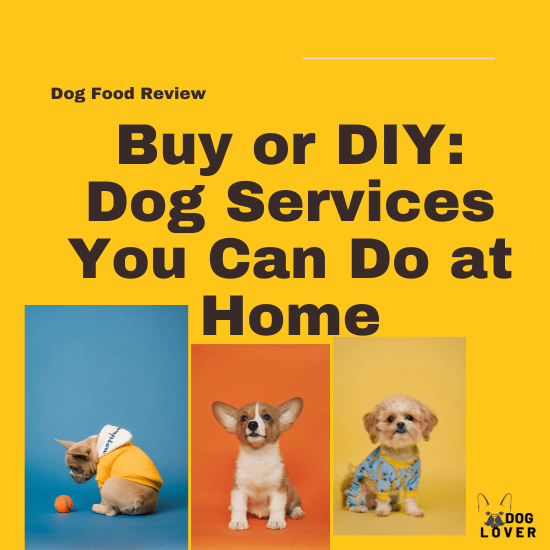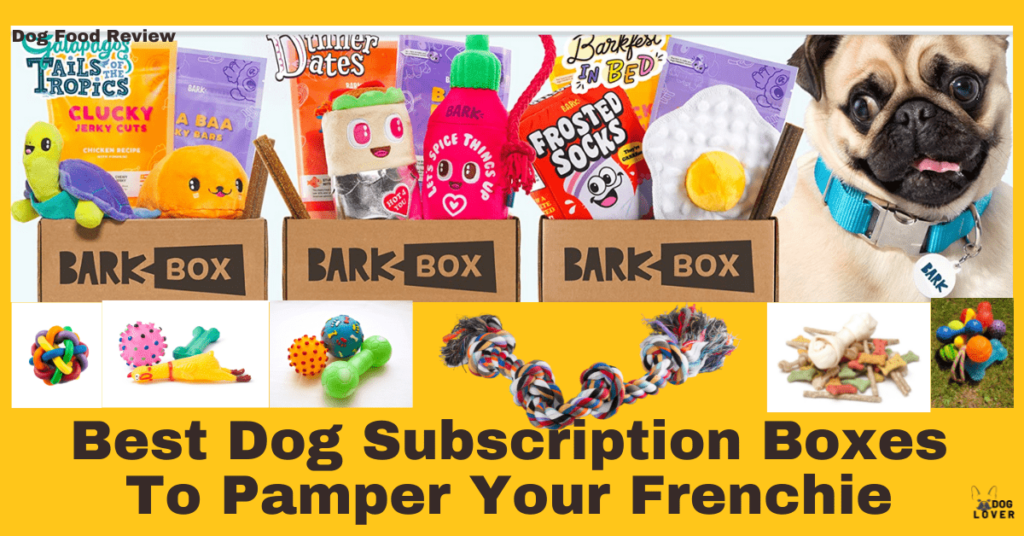Are you heading off on holiday?
Here’s a checklist of what you’ll need to remember when leaving your dog with a pet sitter.
Preparation Beforehand
It’s important to make adequate preparations beforehand to ensure your dog will remain comfortable while you are away. For this you’ll need to:
- Gather Necessary Supplies: Be sure to stock up enough supplies to last your dog the entire length of your absence. This includes food, toys, treats, medication, harnesses and leashes, identification tags, grooming supplies, and waste collection tools.
- Provide Detailed Instructions: Outline your dog’s daily routine including the feeding schedule incorporating important details like portion sizes, dietary restrictions, and any dietary allergies. Also, describe your pup’s daily exercise routine, favorite activities, and any special needs or habits the sitter will need to look out for.
- Emergency contacts: Be sure to leave your contact details including phone numbers and email addresses as well as your vet’s contact information for emergencies. Also, provide a contact whether yours, a relative’s, or a friend’s that the sitter can reach in case of an emergency.
- Familiarize the Sitter: Ensure you introduce the sitter to your dog in advance to make them comfortable around the sitter. Take time to walk the sitter through the home and point out important areas such as sleeping places, washroom areas, and where to find your dog’s supplies.
Health and Safety
To ensure the health and safety of your dog, you should provide:
- Vet Information: Before leaving, share your regular vet contact details and any relevant medical history or medication instructions and vaccination records for your pup.
- Emergency Plan: Provide clear instructions on what to do, who to contact first in case of an emergency, and where to find the emergency kit if the need arises.
Daily Care Routine
Let the sitter know what a typical day for your dog looks like. As such, you’ll need to provide details on:
- Feeding: In addition to the feeding timings, be sure to include information about the type of food your dog eats, the portion sizes, and the kind of treats allowed.
- Exercise: Describe your dog’s daily exercise routine including walking and playtime schedules and the activities they enjoy most.
- Bathroom Breaks: Don’t forget to mention your dog’s bathroom breaks frequency and their preferred spots for the breaks.
- Medications: If your pup is under medication, give details about how often they need to take the medication, and when and how to administer it.
Behavior and Training
- Commands: Familiarize the sitter with the basic commands your dog is accustomed to and let them know of any specific training routine they need to stick to.
- Behavior Management: Inform the sitter of your dog’s unusual behavior and any triggers to watch out for.
- Rewards and Corrections: Let the sitter know the preferred methods of praise and the disciplinary methods to employ.
Home Environment
- Familiarize the sitter with your home environment including security measures that you’ve put in place such as locks, alarms, and cameras. Let them know of any hazards existing in the home.
- It’s also important to mention existing house rules including areas the dog is allowed or not allowed and any specific routines related to the home environment.
Communication
- To make you feel at ease while away, you can instruct the sitter to give you daily updates about your pup. You can inform them of your preferred communication and the frequency of updates.
- Don’t forget to leave an emergency contact that the sitter can reach out to for urgent matters. Also, include backup contacts in case a need arises.
Additional Considerations
- To help your dog feel at ease in your absence, consider leaving its favorite toys, bedding, blankets, and other comfort items.
- You can also inform the sitter about any unique habits or preferences and any fears or anxieties that your dog may have.
Post-Sitting Debrief
- It’s important to have a post-sitting briefing to get feedback on the pet-sitting experience. You can also use this opportunity to learn areas for improvement.
- At the end, thank the sitter for their time and dedication to caring for your beloved pooch and offer them your recommendations or referrals.


